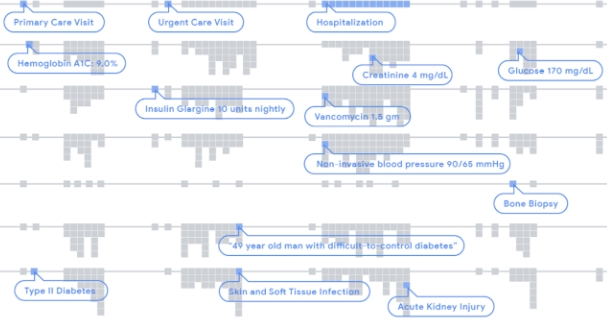Revolutionizing Healthcare: How Deep Learning is Transforming Electronic Health Records
Electronic Health Records (EHR) have been a game-changer in the healthcare industry, digitizing patient information and streamlining medical processes. However, the true potential of EHR has yet to be fully realized. That is where deep learning comes in.
Improving Accuracy and Efficiency
Deep learning algorithms have the ability to analyze large amounts of data quickly and accurately. This means that EHR can now be utilized to their fullest potential, with deep learning algorithms able to extract valuable insights and patterns from patient data.
Identifying Trends and Predicting Outcomes
By analyzing vast amounts of patient data, deep learning algorithms can identify trends and patterns that may not be apparent to human eyes. This can lead to early detection of diseases, better treatment planning, and improved patient outcomes.
Personalized Medicine
Deep learning algorithms can analyze a patient’s medical history, genetic data, and lifestyle factors to create personalized treatment plans. This can lead to more effective and targeted treatments, reducing the risk of adverse reactions and improving patient outcomes.
Streamlining Workflows
By automating tasks such as data entry, scheduling appointments, and billing, deep learning algorithms can help healthcare providers save time and focus on patient care. This can lead to improved efficiency, reduced errors, and lower costs.
Challenges and Opportunities
While deep learning holds great promise for revolutionizing healthcare, there are still challenges to overcome. These include issues of data privacy and security, as well as the need for greater collaboration between healthcare providers and technologists.
Overall, deep learning is transforming EHR in ways that were previously unimaginable. By harnessing the power of this technology, healthcare providers can improve patient care, reduce costs, and ultimately save lives.

